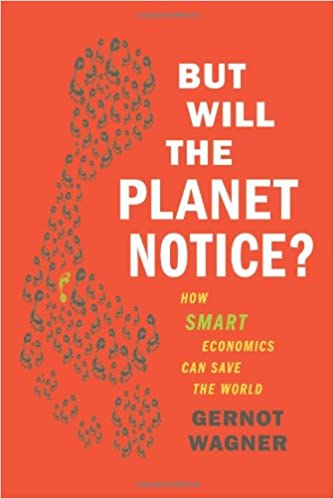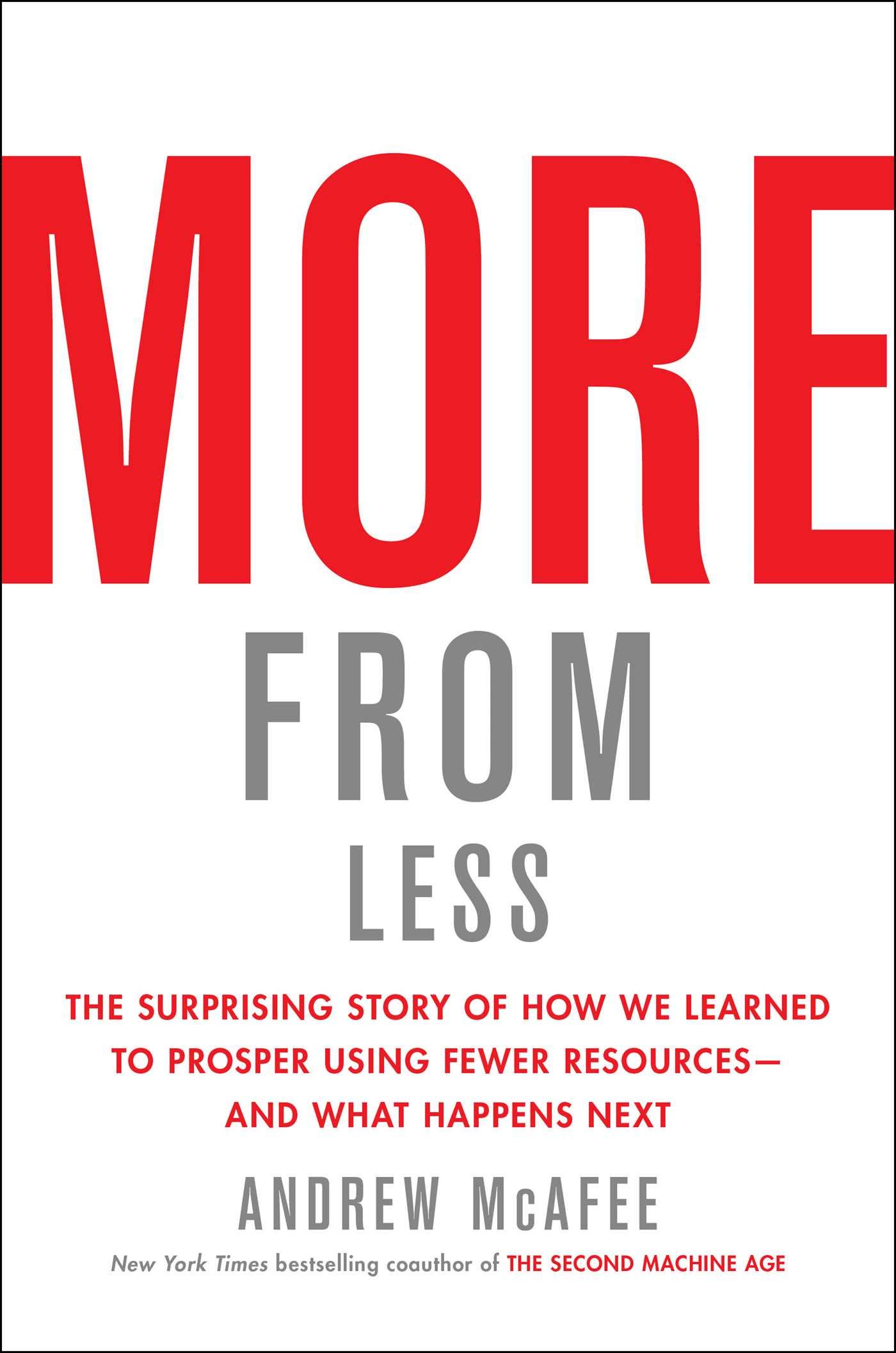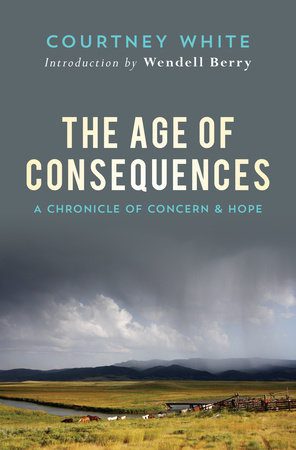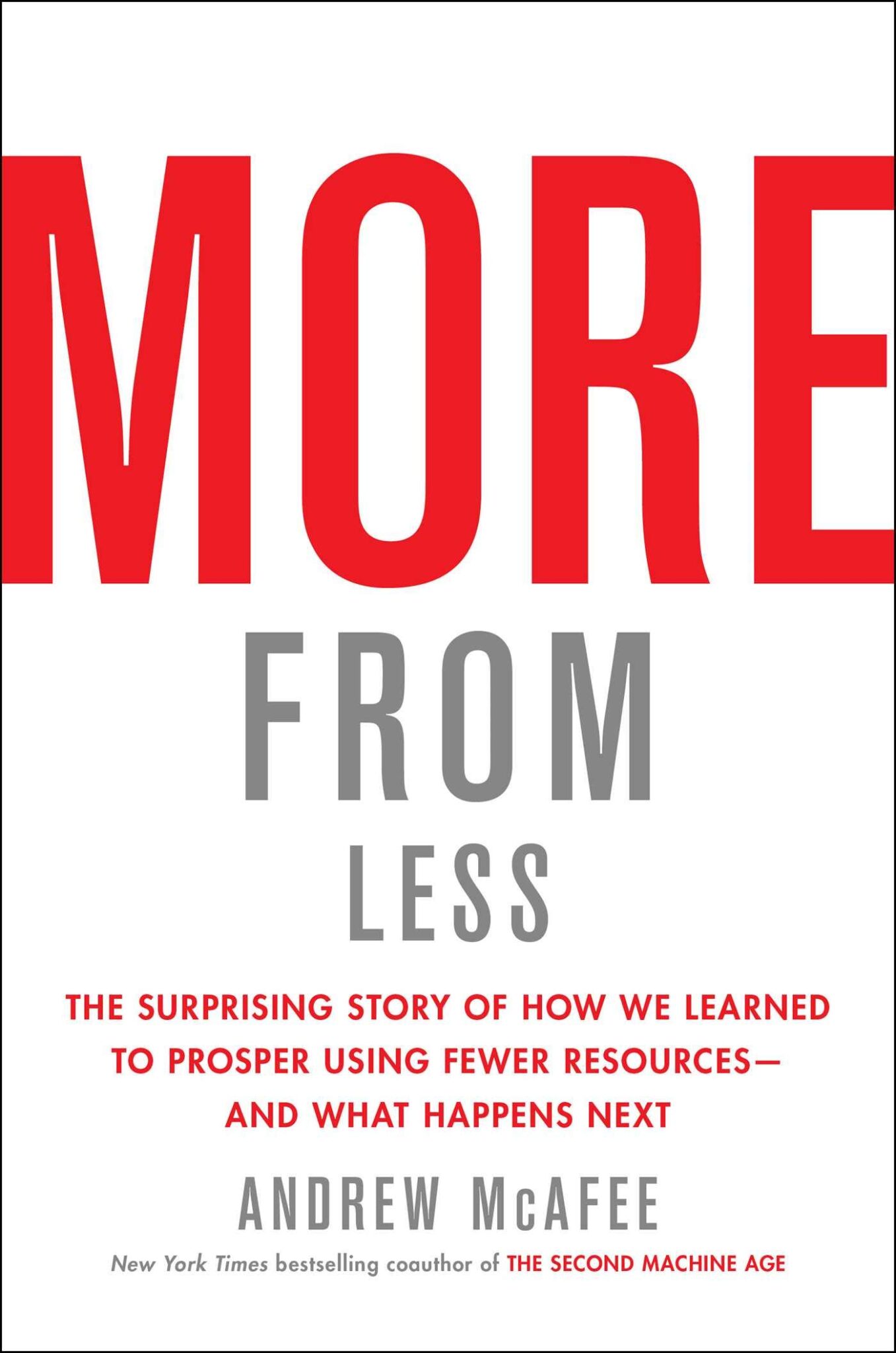But Will the Planet Notice? How Smart Economics Can Save the World by Gernot Wagner (2011) The previous book extolled working with nature; this one is about working with, not against, economics. Science is true whether you believe it or not and money makes the world go ’round. Then the author points out that water rising on the equator as the icecaps melt makes the world go around a teeny bit slower. He doesn’t disparage individual actions but does insist that results will only come through broader collective.
The true costs of economic growth in diminished resources and environmental damages have not been included. Tercek touted consensual responses among all involved entities. Robert Coase says that government is for solving problems where the costs for individuals to get together won’t lead to a desirable outcome. Only government, which is influenced by politics, can impose rules for including those socialized costs. Economics lacks response due to the concepts of a tipping point and Noah’s Ark Problem. The latter requires determining critical elements instead of being distracted by higher profile aspects. The other problem is that uncertain risks and feedback produce inevitable collapse before the bubble bursts. It’s too late before it’s really necessary to do something. The Endangered Species Act is illustrative of the consequences of concentrating on specific species at risk of becoming extinct rather than preserving biologically diverse habitat. Fifty species survive out of 2000 listed as endangered since 1967. Owners have actually killed endangered species to avoid the adverse economic effects.
We can no longer continue to treat air and water as common resources free to be used without consideration of the consequences. Everyone competes against everyone else; the winners get there first and take it all. The lack of management is the real problem. The Tragedy of the Commons also states that the only we can preserve other freedoms is to relinquish the freedom to breed. There is a declining capacity for the planet to buffer itself against human impact. This is one of the few times overpopulation is even mentioned. The belief in continual economic growth gets similar recognition. Ditto for an increasingly higher standard of living as a norm. Economists focus on GNP.
Outright bans are similar to building levees. Think of the consequences of prohibition. Phasing in regulations, cap and trade, tariffs, and subsidies provide economic incentives and encourage innovation. Make market forces point the economy in the direction of transforming to a green economy. Technology and the production of clean cheap energy will dominate. Free trade agreements are supposed to make everyone richer. Manufacturing is transferred to the lowest wage countries enabling richer countries to reduce their use of resources and pollution.
Pollution could be turned into a commodity, associated with the use of a product. Wagner suggests that pricing pollution removes a moral (green – good / development -bad) aura. He earlier said that politicians like to ban things; it’s decisive. Here he mentions the willingness to ban child labor and slavery. Another earlier mentioned UN proclamation was that water was a human right which no one voted against. Human well-being cannot be measured. That may make it easy to ignore -as is the well-being of the planet.






